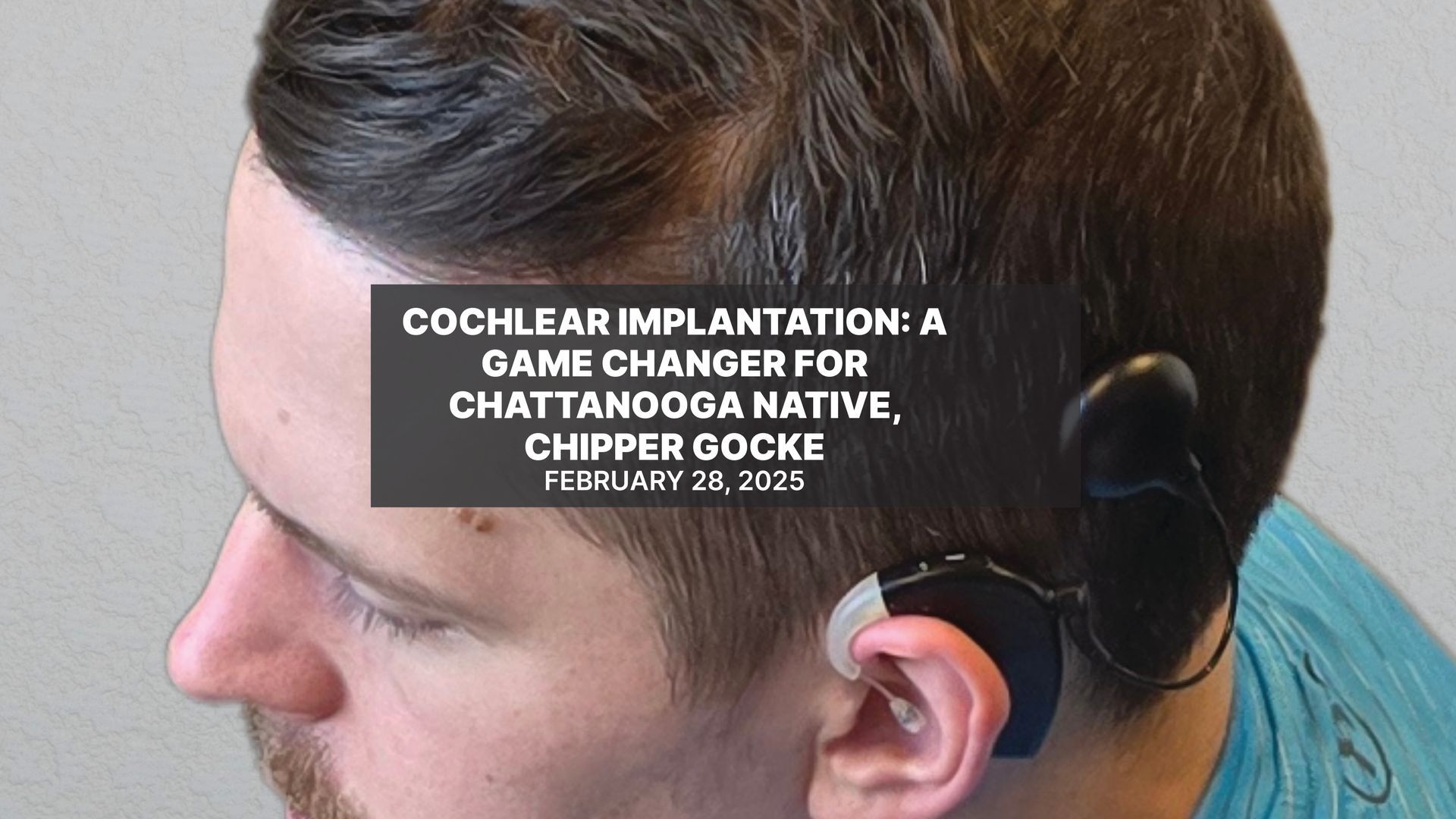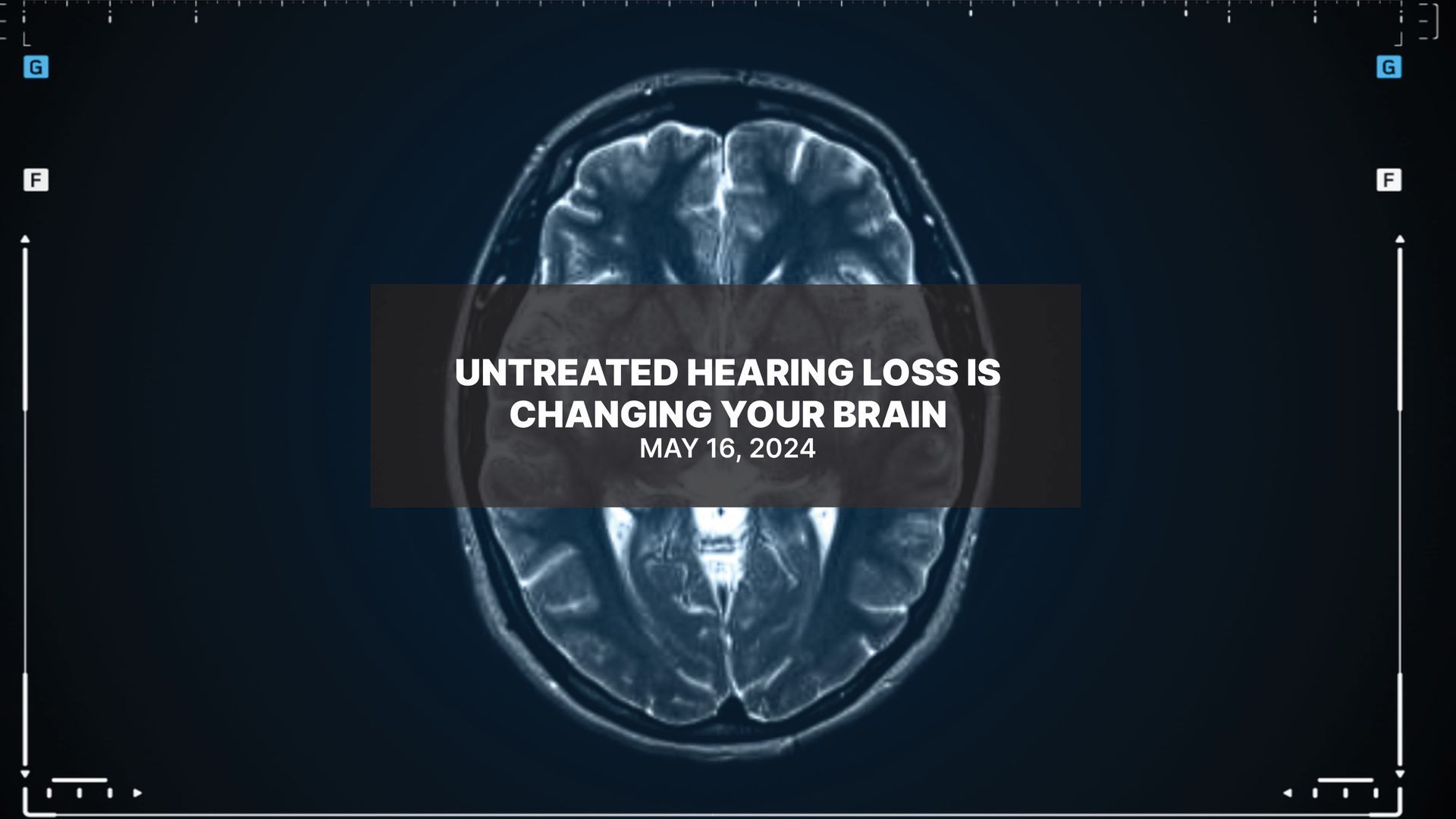What is Sensorineural Hearing Loss?

Getting your hearing loss properly diagnosed and categorized by an Audiologist at Johnson Audiology will help you to understand your condition better. You can access appropriate treatment and use the information to refine your hearing experience. The types of hearing loss can be broadly described as conductive, mixed, and sensorineural. Here we will focus on the latter, which accounts for about 90% of reported hearing loss.
What is sensorineural hearing loss?
Sensorineural hearing loss affects the inner ear and/or the nerves that process and transmit sounds to the brain. Often the cochlear hairs that pick up sound waves are damaged in some way, although this is not the only possible cause.
What causes sensorineural hearing loss?
Factors that cause or contribute to sensorineural hearing loss are either external or intrinsic. This means it is either caused by events, such as noisy environments, health conditions, or medication, or it is linked to genetics and/or natural effects of aging.
Gradual deterioration over a period of years is common with this type of hearing loss. The support of an Audiologist and hearing equipment can slow down the progress of decline.
What are the different levels of sensorineural hearing loss?
Even with inner ear difficulties, you can often still hear some sounds depending on how loud they are. The volume of the sounds you perceive will help us describe the level of sensorineural hearing loss that you have. For example, if you cannot hear a ticking clock, you might be described as having moderate hearing loss. If you cannot hear a dog barking, your hearing loss is tending towards severe. Profound or complete hearing loss is when you cannot hear sounds over 91 decibels such as an airplane taking off.
Your hearing levels can be tested with a hearing assessment by an Audiologist. This is completed in a controlled environment so no other noises can interfere with your test. It’s relatively quick, completely painless, and easy to do. It tests the clarity of your hearing as well as the volume of sounds you can hear. At the end, you will get an instant report on your hearing level and some indicators as to the underlying cause.
What is the treatment for sensorineural hearing loss?
There is no cure for sensorineural hearing loss, but there are certainly ways that we can improve your hearing experience by using hearing equipment. The sooner we can intervene and provide the support you need, the better it is for your long-term auditory health. We can also offer advice on preventing further damage via external factors.
Get in touch
Here at Johnson Audiology, you can get further information about sensorineural hearing loss from any of our hearing centers in Hixon, Franklin, Murfreesboro, Chattanooga, or Cartersville. Simply click here to contact us online or call us at 615-905-1340.


*This link leads to the machine-readable files that are made available in response to the federal Transparency in Coverage Rule and includes negotiated service rates and out-of-network allowed amounts between health plans and healthcare providers. The machine readable files are formatted to allow researchers, regulators, and application developers to more easily access and analyze data.
All Rights Reserved | Johnson Audiology | Powered by Flypaper | Privacy Policy


